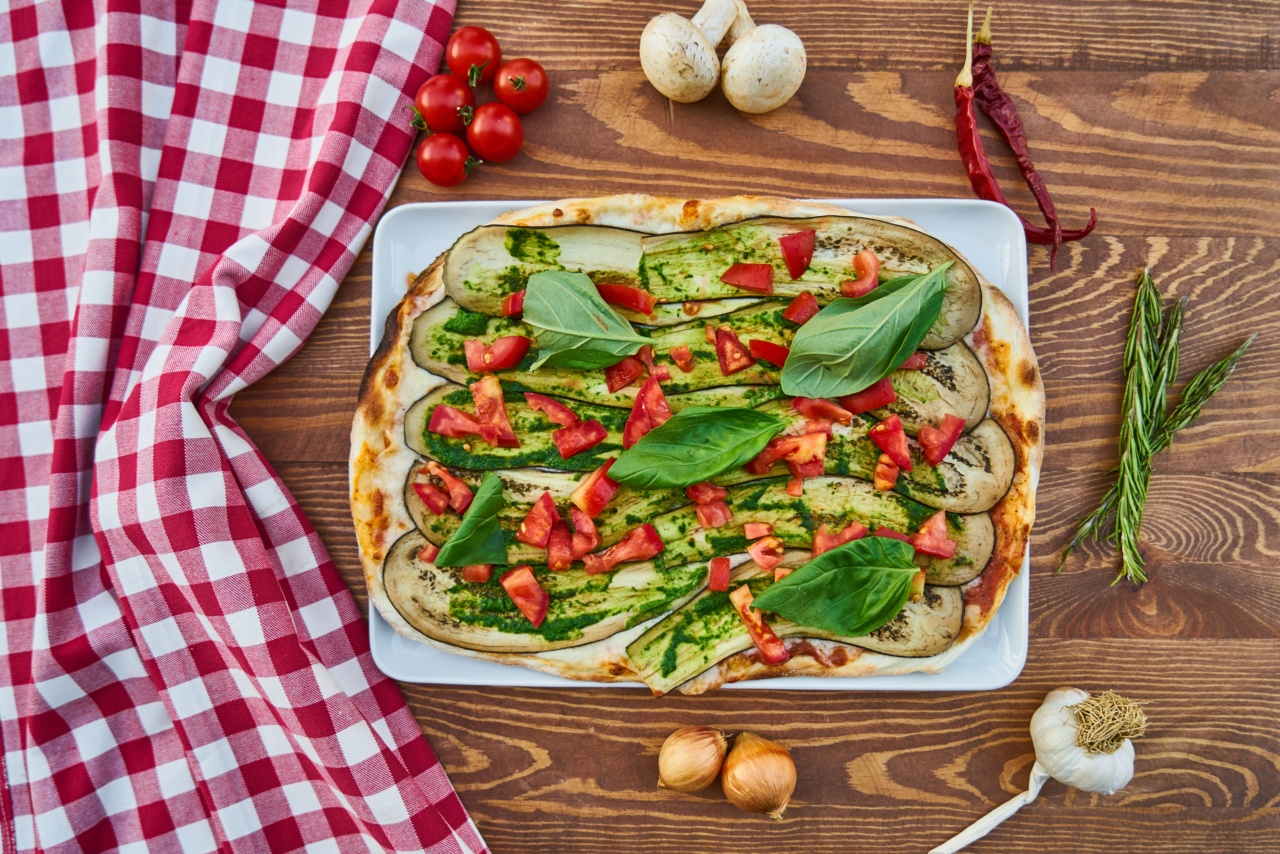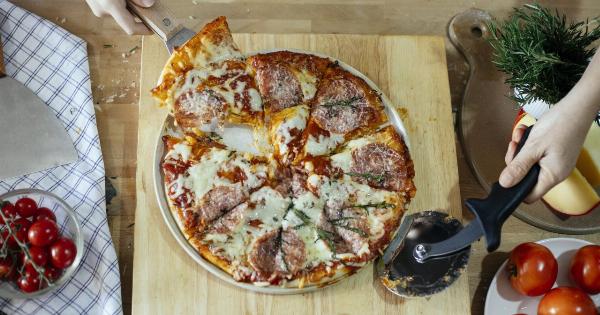Pizza is one of the most popular foods in the world. It’s delicious, it’s easy to make, and it’s cheap. It’s also notorious for being unhealthy. Most pizzas are loaded with cheese, high in calories, and have a lot of fat.
However, pizza can still be a part of a healthy diet if you make the right choices. In this guide, we’ll show you how to enjoy pizza without compromising your health.
Choose the Right Crust
The type of crust you choose can make a big difference in the nutritional value of your pizza.
Thin crust is typically lower in calories and carbohydrates compared to thicker crusts, making it an excellent choice for those watching their weight or carb intake. Whole wheat crust is also a great option because it’s high in fiber and has a lower glycemic index compared to white crusts. Cauliflower crust is another healthy alternative for those who want to avoid gluten.
Load Up on Vegetables
Add as many vegetables as possible to your pizza. They not only add flavor and nutrition but also make your pizza more filling. Tomatoes, onions, mushrooms, peppers, and spinach are all excellent choices.
If you’re feeling adventurous, try adding eggplant, zucchini, or artichokes to your pizza. These vegetables provide a variety of vitamins, minerals, and antioxidants that are essential for overall health.
Choose Lean Protein
Protein is an important component of a healthy pizza. Choose lean protein sources like grilled chicken, turkey, shrimp, or tofu. These lean proteins provide essential amino acids without all the added fat and calories of beef or sausage.
You can also add some low-fat cheese to your pizza for extra protein and flavor.
Limit the Cheese
Cheese is one of the most calorie-dense ingredients on a pizza. If you’re looking to cut back on calories, limit the amount of cheese you add to your pizza. Choose lower-fat cheeses like mozzarella, feta, or goat cheese.
Alternatively, skip the cheese altogether and try a tomato-based pizza or a pizza with pesto sauce instead.
Avoid Processed Meats
Pepperoni, sausage, and bacon are popular pizza toppings, but they’re also high in fat, sodium, and calories. Processed meats have also been linked to an increased risk of cancer and heart disease.
Try to avoid these meats and opt for leaner protein options instead.
Watch Your Portions
Portion sizes are important when it comes to pizza. One slice of pizza can range in calories from 200 to 500 depending on the size and ingredients.
Try to limit your intake to one or two slices and pair it with a side salad or vegetable soup to make it a well-rounded and satisfying meal. If you’re ordering pizza, split a small or medium size with a friend or family member to keep portions in check.
Make Your Own Pizza
Making your own pizza is a fun and healthy way to enjoy one of your favorite foods. You can control the ingredients, portion sizes, and toppings. Choose your favorite healthy crust, load up on vegetables, and add a lean protein.
It’s a great way to get your family involved in meal prep and ensures that you’re making healthy choices.
Choose Healthy Sides
Pizza can be a balanced and healthy meal if you pair it with healthy sides. Add a side salad with plenty of greens and a low-fat dressing. Roasted vegetables like broccoli, carrots, or asparagus are also excellent sides to add to your meal.
Opt for water or unsweetened tea to drink instead of sugary soda or alcohol.
Enjoy in Moderation
Remember that pizza is still a treat food and should be enjoyed in moderation. While you can make healthy choices when it comes to pizza, it’s still high in calories and fat. Limit your intake to once a week or once every two weeks.
It’s all about balance and moderation.
Conclusion
Pizza can still be a part of a healthy diet if you make the right choices. Choose a healthy crust, load up on vegetables, choose lean protein, limit the cheese and avoid processed meats. Watch your portion sizes and make your own pizza when you can.
Pair it with healthy sides and drink water or unsweetened tea. Enjoy in moderation and remember that it’s all about balance.





























